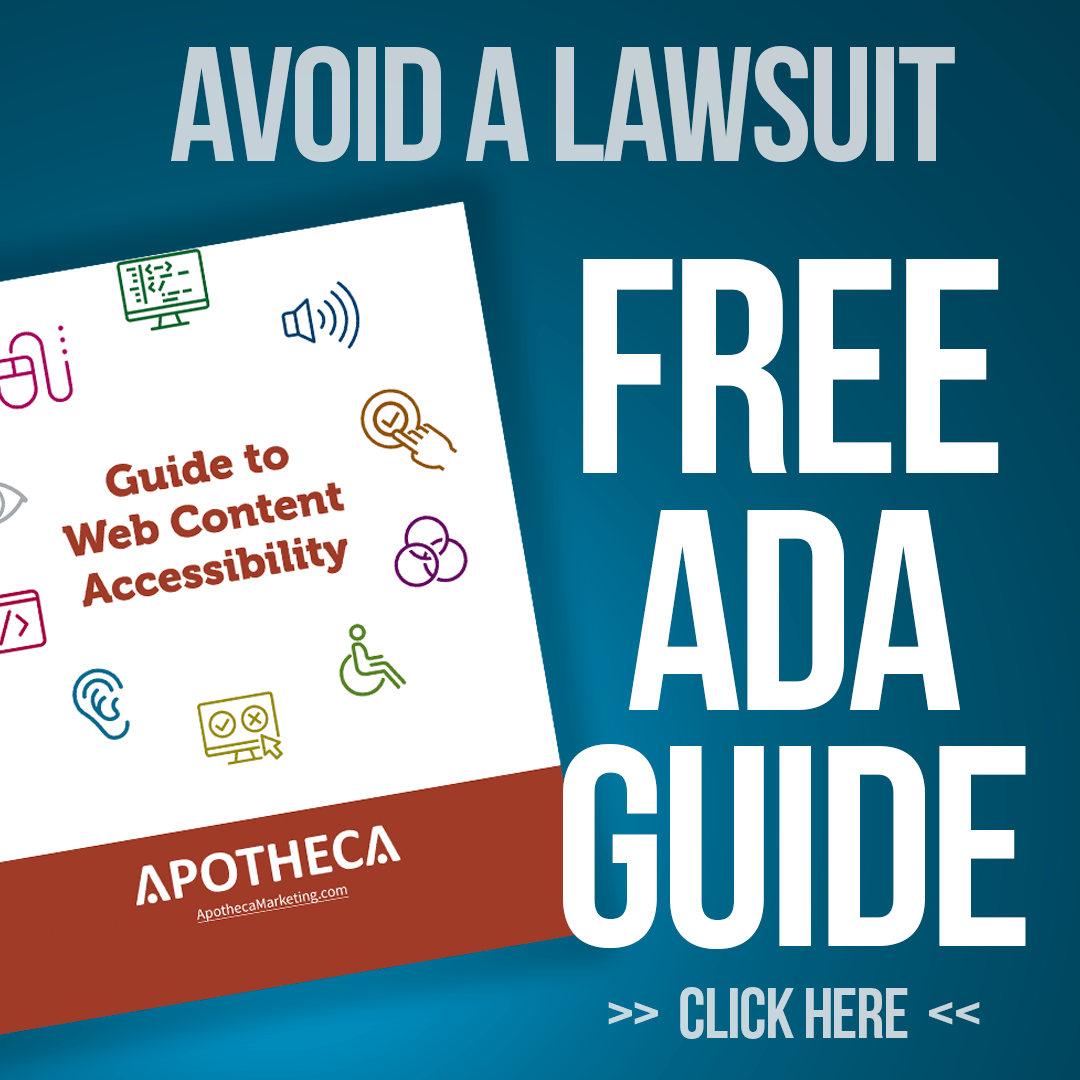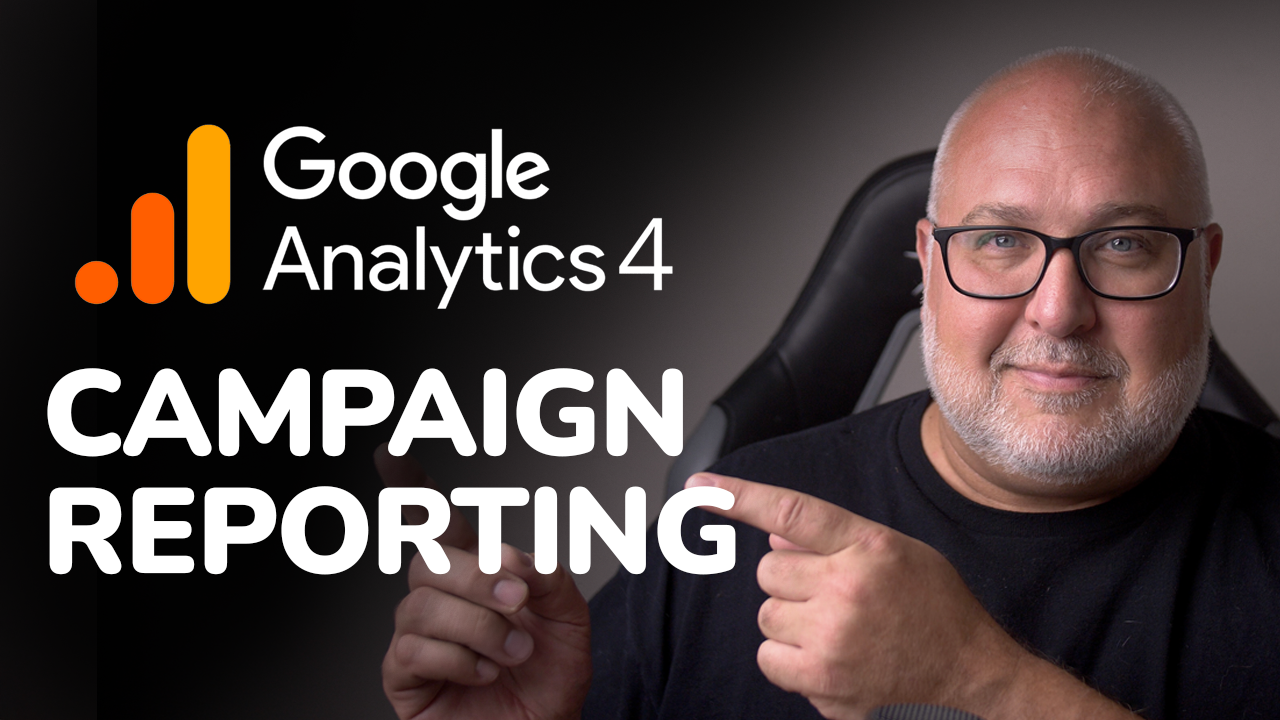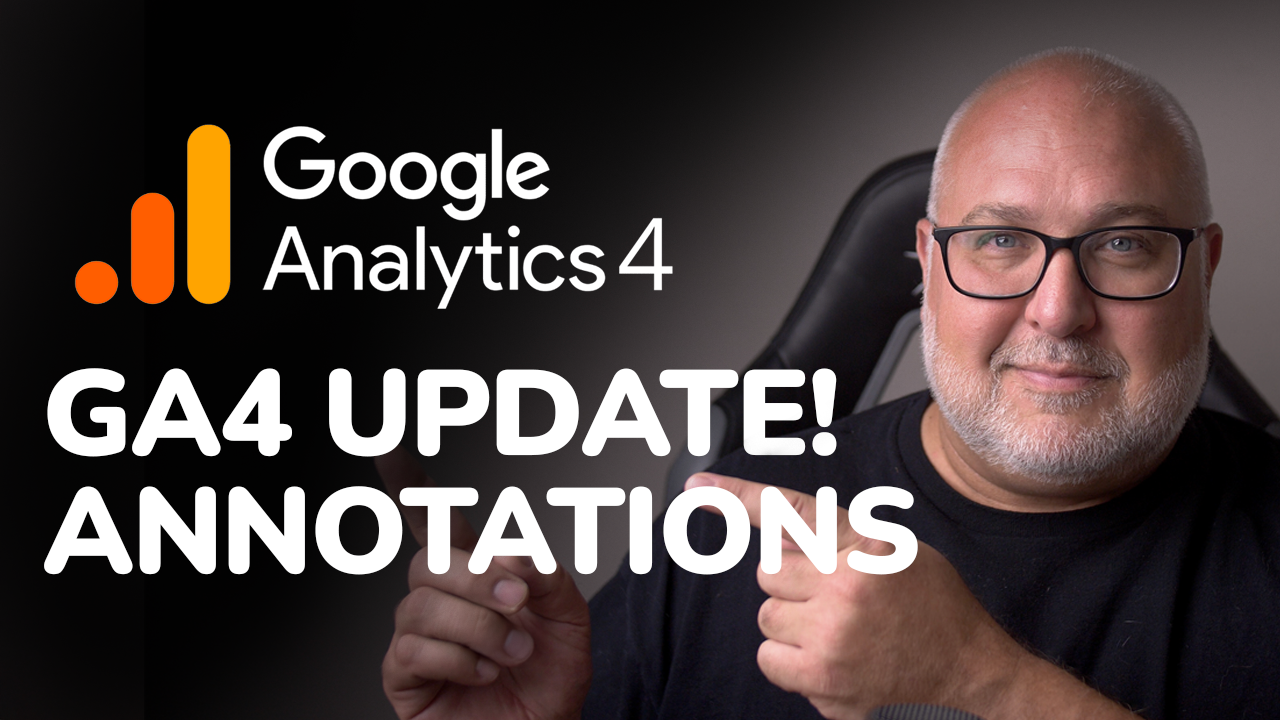Wix vs. Duda vs. WordPress: What's the Right Website Builder for You?
Roy Bielewicz
Choosing your website platform is one of the most important decisions you can make for your company.
Choosing the platform and tools that you use to build your website is an extremely important decision. How easy is it to use? Does it have the features you need? How easy is it to maintain, scale, or expand?
We take a look at two platforms you're probably familiar with (Wix and WordPress) and one that you may not have heard of, but is worth considering (Duda).
This isn't a scientific comparison, but just some of the things we've noticed when working with each of these platforms for our clients, as well as our own websites.
1. Wix: Ideal for Beginners and DIYers
Wix is a well-known website builder that has gained a massive user base due to its flexibility and user-friendliness. Here’s why Wix might be right for you:
- Ease of Use: Perfect for companies just starting out. Its drag-and-drop interface allows users to create websites without coding knowledge.
- Themes and Templates: Offers a vast selection of themes, although not all are highly responsive out of the box, which may require some extra adjustments for mobile optimization.
- AI Capabilities: Wix’s AI assistant can help build a website quickly by asking a series of questions and generating a site skeleton.
- App Market: Similar to WordPress plugins, Wix has a large app marketplace to enhance your site with forms, menus, and more.
- Customization Limitations: While Wix offers great flexibility, making significant customizations can be cumbersome compared to more advanced platforms.
2. Duda: The Agency-Friendly Platform
Duda may not be as well-known as Wix, but it’s a popular choice among agencies. Here’s what sets Duda apart:
- Better for Agencies: Duda’s backend is designed for managing multiple client sites, with tools for analytics and client access.
- Responsive Design: Duda's themes are more responsive than Wix's, making mobile optimization more manageable.
- New 2.0 Editor: The latest update offers more flexibility with layout options and design elements, such as layering and stacking content.
- Dynamic Pages: Duda’s CMS capabilities allow for creating multiple pages dynamically using data from spreadsheets.
- SEO Features: Built-in tools help manage SEO settings, with new AI features that automatically generate alt tags for images.
- Pricing: More expensive than Wix for some features, but its hosting and lack of storage limits provide value for growing businesses.
3. WordPress: The Powerhouse with Plugins
WordPress is not a traditional website builder like Wix or Duda, but rather an open-source content management system. It’s the most popular platform worldwide, and here’s why:
- Flexibility and Customization: There are thousands of themes and plugins to extend your site’s functionality.
- Blogging Platform: Originally built for blogging, it remains a robust option for content-heavy sites.
- Security Risks: WordPress sites are frequently targeted by hackers, and managing plugins can be a hassle, leading to potential compatibility and security issues.
- Ongoing Maintenance: Requires regular updates for plugins, themes, and the core platform to avoid vulnerabilities.
- Performance: While WordPress sites can be optimized for SEO, the platform’s speed often lags behind Duda and Wix, depending on the hosting and plugins used.
SEO and Performance: Why It Matters
SEO is crucial for website visibility. Platforms like Duda and Wix have built-in tools to optimize SEO settings and improve site speed. Duda’s new editor is designed with Google’s Core Web Vitals in mind, potentially providing an edge over Wix and WordPress in search rankings.
Pricing Comparison
- Wix: Prices start at around $36/month for the business plan, with some storage and collaborator limitations.
- Duda: Plans begin at $19/month for basic usage, with more advanced options for agencies and white labeling at $149/month.
- WordPress: Costs vary widely, starting as low as $5/month for hosting, but can escalate with premium plugins and themes.
Choosing the Right Platform
Your choice will depend on factors like your budget, website management needs, and technical expertise. Here's a quick rundown:
- Wix: Best for individuals or small businesses seeking an easy-to-use, DIY platform.
- Duda: Ideal for agencies or businesses that manage multiple sites and need a robust, responsive design.
- WordPress: Suitable for those who want maximum flexibility and don't mind dealing with frequent maintenance.
Ultimately, consider your long-term needs and the level of support and customization you desire before making a decision.
Contact Us





